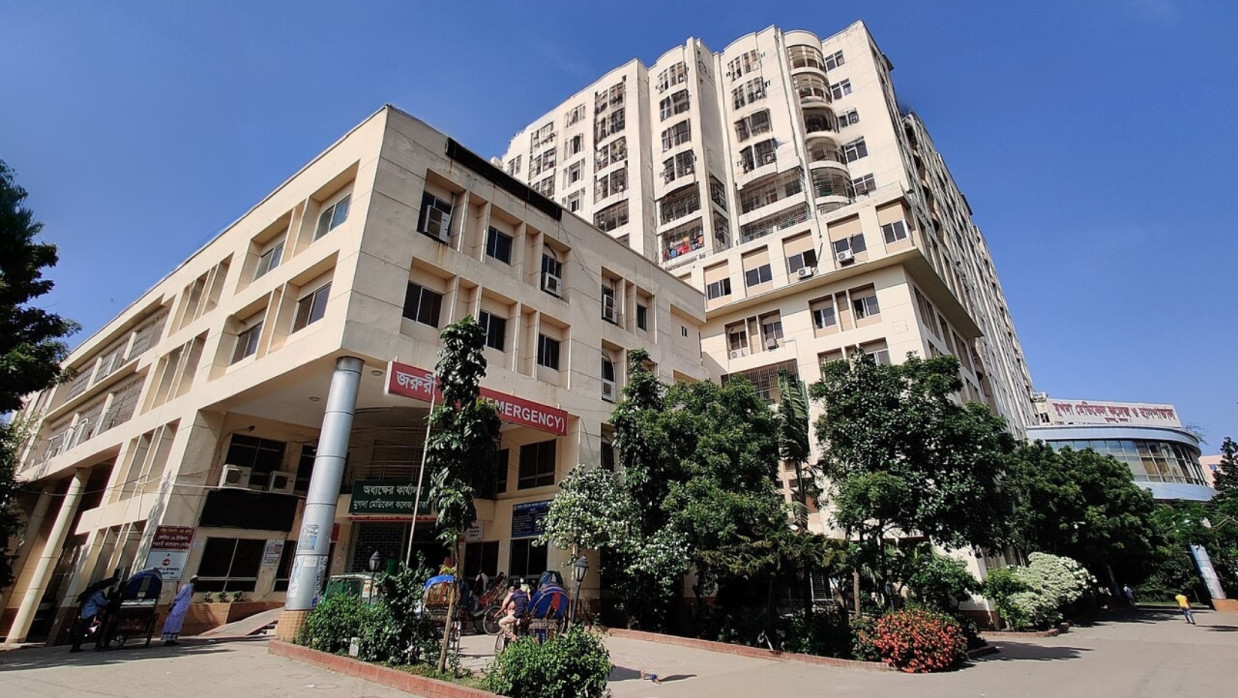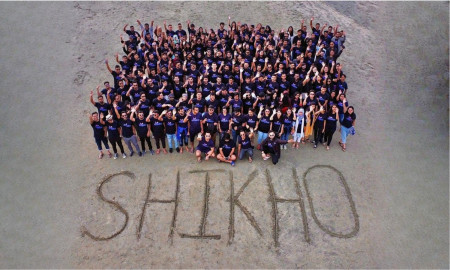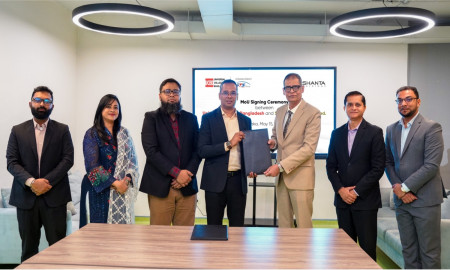The Hospital That Became a Safe Haven for Patients During the Pandemic

Shamsul Haque (60) came from Manda, Dhaka, to seek treatment at Mugda Medical College and Hospital. He shared, “I stood in line for a long time, but I couldn’t get a token. At my age, standing for so long is exhausting. Still, I came with my wife because I have breathing difficulties and blood pressure issues. I have been receiving regular treatment here for three years. But today, without a token, I have to return without treatment.”
Many like Shamsul Haque come to Mugda Medical College and Hospital for medical care. However, due to various limitations, sometimes patients are deprived of services. Despite these challenges, the hospital proved to be a blessing for local patients during major health crises. Since its establishment, the hospital has played a vital role in combating epidemics such as dengue in 2016, chikungunya in 2017, and the COVID-19 pandemic in 2020. This was confirmed during a visit to the hospital on Monday, March 17.
The outpatient department operates from 8:00 a.m. to 2:30 p.m., providing routine medical care for walk-in patients. The inpatient department remains open 24 hours a day, ensuring continuous care for admitted patients. Emergency services are also available around the clock, offering immediate treatment in critical situations. Additionally, evening shifts are maintained to make healthcare more accessible for patients.
Rahima Begum, a 45-year-old patient from Faridpur suffering from kidney problems, said, “I was admitted here for two months three years ago. I need to visit monthly for treatment, but I missed coming for four to five months, and the doctors scolded me because my condition is critical. I had treatment at other hospitals before. Today, the doctors have ordered several tests which I must get done at a good hospital.”
Expressing satisfaction with the medical care, Rahima added, “The doctors here treat patients very well. I have benefited from their treatment before, and my kidney condition improved somewhat. That’s why I returned here.”
When asked about the hospital’s healthcare services, Assistant Director Dr. Md. Hasnat Al Matin said, “Our responsibility is to serve the people. Since this is a government hospital, we ensure 24-hour medical services so that patients can receive necessary care at any time.”
He elaborated, “The outpatient department runs from 8:00 a.m. to 2:30 p.m., providing regular treatment for walk-in patients. The inpatient department is open 24/7, offering continuous care. Emergency services also operate around the clock, delivering immediate treatment when needed. Evening shifts make services more accessible.”
Dr. Matin emphasized, “Our primary goal is to provide appropriate and uninterrupted medical care to every patient. We always strive to ensure no one is denied treatment. The hospital offers specialized as well as general medical services. Although it is a 500-bed facility, daily patient admissions range from 800 to 900. To handle this overload, an additional 250 beds have been arranged, enabling faster emergency care. Still, due to the high patient volume, bed shortages sometimes occur. Middle and upper-class patients often leave for other hospitals when no beds are available. However, we cannot discharge existing patients to admit new ones. We do our utmost to ensure every patient receives necessary treatment.”
Reflecting on the hospital’s role during epidemics, he said, “Since its establishment in 2015, the hospital has faced and successfully managed several health crises. In 2016, during the dengue epidemic, we efficiently treated patients, earning the hospital the nickname ‘Dengue Hospital’. We followed national guidelines strictly. In 2017, during the chikungunya outbreak, we again delivered effective care. During the COVID-19 pandemic in 2020, the hospital was designated a COVID-dedicated facility. Our doctors and nurses worked tirelessly.”
Dr. Matin added, “Our hospital had 46 ICU beds during the pandemic. In case of emergencies, patients are sent to the One Stop Emergency and Casualty (OSEC) unit, which has six ICU beds. However, when many patients arrive simultaneously, it becomes challenging.”
He acknowledged, “We have sufficient logistical support, but further support is needed to provide advanced treatment. Our catheterization lab was destroyed by fire in 2022, but we are working with the ministry to establish a new one. The new cath lab will allow us to perform angiograms and stent placements, which will enhance the quality of our care.”
He also highlighted the hospital’s general services: “As a general hospital, we treat all kinds of patients—gynecology, medicine, gastroenterology, and more. Every day, patients with various illnesses are admitted, and we provide the highest standard of care in each department. This diverse patient base has established us as a comprehensive medical institution, ensuring appropriate care for all.”
On modernization, Dr. Matin said, “We are implementing an automation project aimed at computerizing all hospital operations, starting from the registration desk and gradually incorporating digital reporting. Another initiative is an online appointment system, allowing patients to purchase tickets via an app without waiting outside.”
He mentioned some upcoming challenges: “Firstly, we have an insufficient number of security personnel, which poses safety concerns. Secondly, financial constraints are delaying parts of our projects. We are earnestly working to overcome these challenges so we can achieve our goals and improve patient care quality further.”















